When a power outage, whether unexpected or planned, occurs – it can lead to the loss of data or damage financial records that can severely impact your operations among other issues. An uninterruptible power supply, also known as a UPS, is an alternative source of electricity for use during a power outage.
Below, the experts with Action Services Group explain when a UPS is needed, the differences in auxiliary power sources, as well as the importance of a well-designed back up power system.
When is a UPS System Needed?
An uninterruptible power supply can be used to support emergency and standby power systems. Depending on the applicable laws, these systems must have power restored within 10 to 60 seconds. However, for certain devices, this wait may be too long.
UPS systems become vital when a loss of power may lead to health hazards or a risk to critical business functions. For example, this may include:
- Emergency Resources, such as egress lighting, fire alarm systems, and sprinkler pumps.
- Emergency Services, like 9-1-1 call lines and police and firehouse radio systems.
- Medical Facilities, including respirators and other such life-saving devices.
- Sports Facilities, particularly those with scheduled or ticketed events.
- Data Centers, which typically store vast amounts of personal data, as well as security measures that may become corrupt if a loss of power occurs.
- Financial Services, such as banks or lenders that retain records of monetary data and provide 24/7 access to financial transactions.
- Businesses that operate their own servers
While unexpected power outages may occur, an uninterruptible power supply can also provide support in the case of planned maintenance to ensure continued, uninterrupted power to devices.
A UPS also provides “clean” power. For devices that are extremely sensitive to power surges, dips, noise and distortion – the use of an UPS system conditioners power and ensures even power is continuously provided.
For some instances, a form of auxiliary power is legally required. To learn more about what is and is not required, our blog Emergency and Standby Power Systems Explained, has an entire section dedicated to the differences between legally required and optional standby power systems.
Difference in Auxiliary Power Sources
As mentioned above, a UPS system is not the same as an emergency or standby power supply system. While all three are considered auxiliary power sources, there are major differences that should be noted.UPS Units
UPS units come in several different styles. The most common being packaged battery units, stand-alone battery units, and flywheel units. Battery-powered UPS units have shorter lifespans. Although they are typically powered by rechargeable batteries, there are still limitations to the level of power these batteries can hold, as well as the number of times they can be recharged. Battery UPS systems are best suited to limited use or smaller loads. Flywheel units, on the other hand, provide more robust electricity. Known to last up to 30 years with routine maintenance, flywheel UPS systems are commonly recommended when larger loads are required or when emergency devices are required.
Standby Generators
Standby generators may be used for emergency power supplies, legally required power supplies, or optional power supplies. Generators are essentially large engines that burn fuel to provide specific amounts of energy to connected devices. Emergency generators are required to provide power to emergency services within 10 seconds of an outage. Legally required standby power supplies must provide power to life-enhancing devices, as defined by local codes, within 60 seconds. Optional standby power supplies do not have a required operational timeline. All generators require time to ramp up to full power.
Stay Powered, Regardless of an Outage
A reputable UPS device typically includes a build-in automatic mains failure (AMF) detector. It will also likely include an automated changeover processor, which detects when the standby generator has come on. Likewise, they also detect when the main power has been restored and automatically reverts usage to the utility power.
UPS systems are supplemental to backup power supplies in most cases. However, they can also be used to provide enough time to safely power down devices in the event of prolonged power outages. For example, if you have devices that you determine are not vital to operations but still require a full shut down, you may decide to tie these electronics to a stand-alone UPS. This allows them to be powered down correctly without wasting fuel from the backup power supply to do so.
Uninterruptible Power Supply with Action Services Group
Determining the type and number of UPS systems can be overwhelming. Understanding how each works together, as well as which may cause back-feed, which can be dangerous, is important. If you would like to learn more about uninterruptible power supplies and how they may help keep your business up and running during a planned or unscheduled outage, contact Action Services Group today. Call 610-558-9773 or email [email protected] or schedule a call.



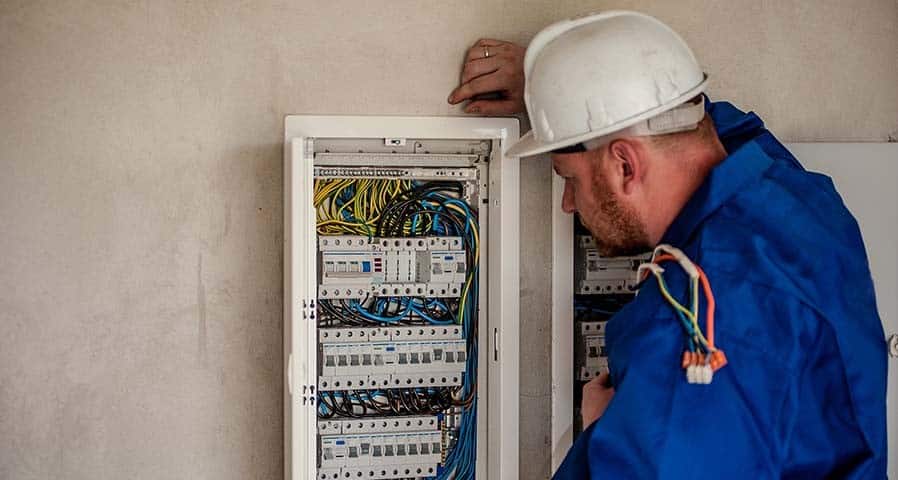

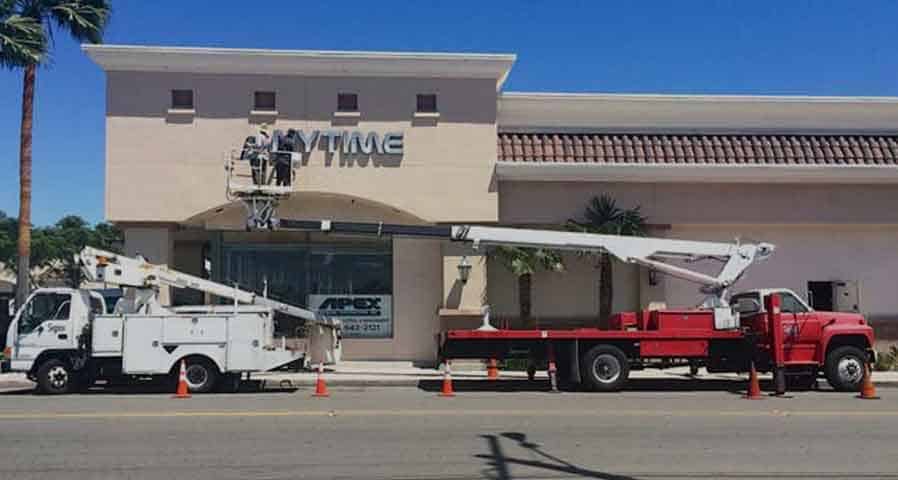















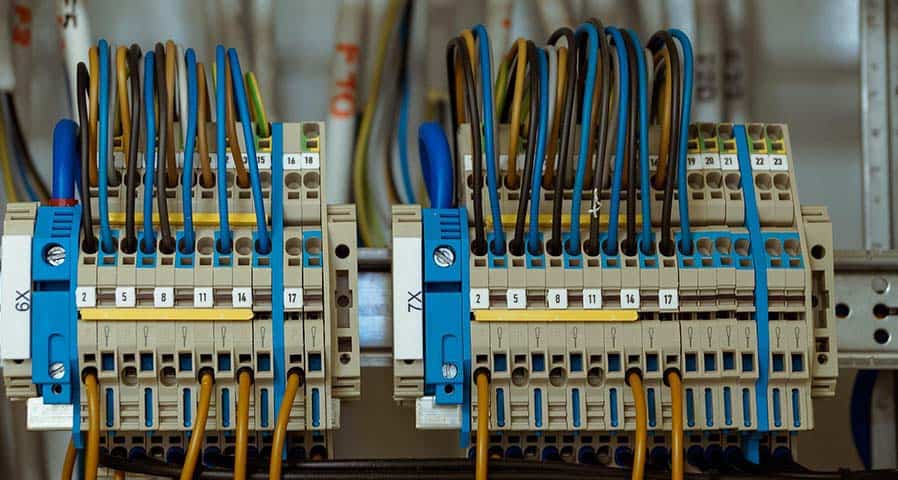



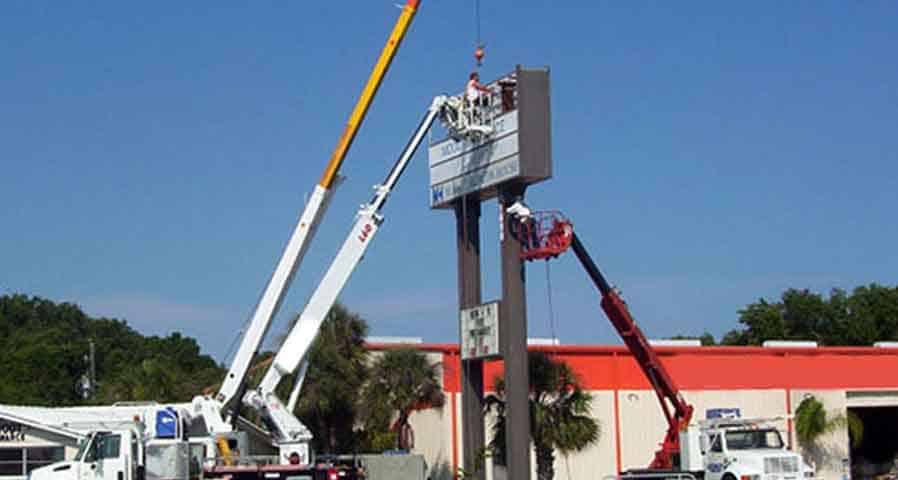

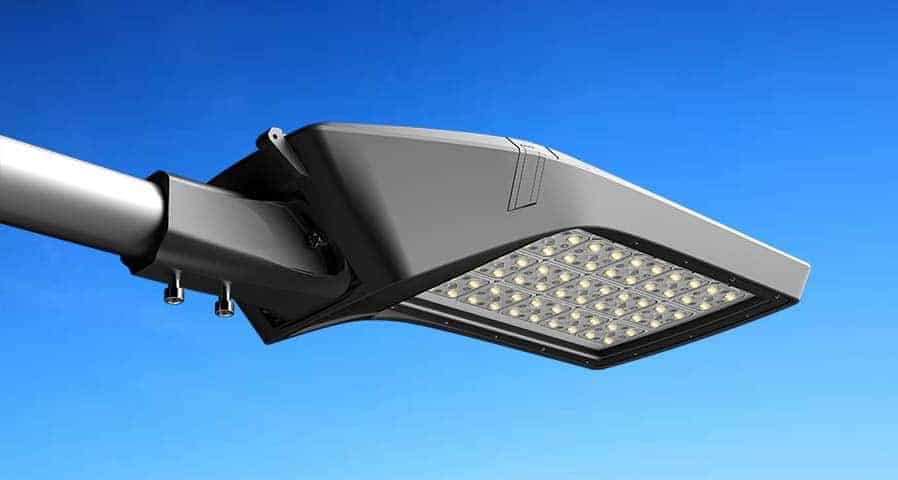


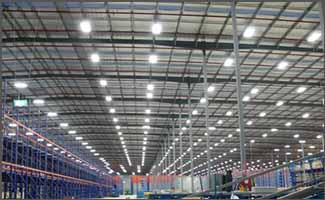









0 Comments